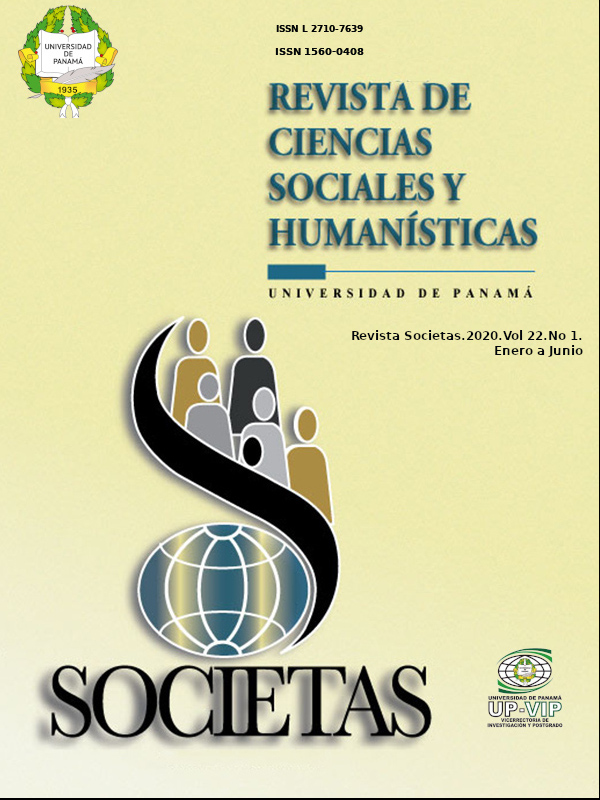

Foreign Language Teaching is a process that has taken different approaches over time in education; however, the evaluation has lagged since it is still characterized by being traditional, standardized, homogeneous and summative. It focuses on the result but not on the process; however, this result does not fully account for the learning process. In this sense, this article addresses formative assessment by conducting a review regarding the evaluation of foreign languages, describing its evolution and how factors such as anxiety, diversity and motivation affect its development and application. In a deep analysis, formative assessment is evaluation for learning. it is analyzed how formative assessment tackles the factors that affect it, as well as how it fosters autonomy, self-regulation, self-efficacy, reflection and critical thinking, turning it into a humanized and democratic evaluation.